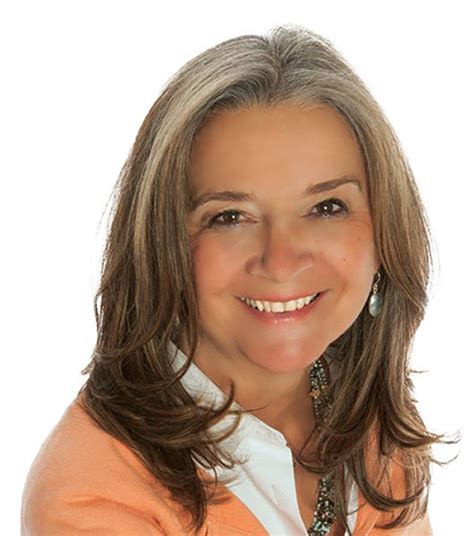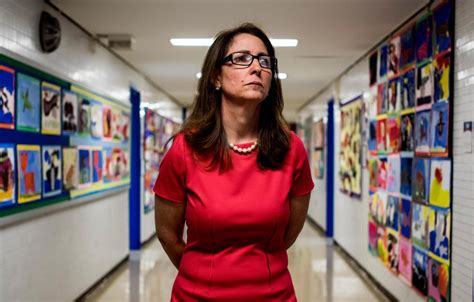A Quote by Derek Bok
Teaching methods are often inadequate for the goals faculties are trying to achieve. Important courses such as expository writing and foreign languages are frequently taught by untrained graduate students and underpaid adjunct teachers.
Related Quotes
I am relieved that, in my own teaching, I don't have to moderate between high stake teaching and education for the virtues. If I did, I would give students the tools to take the tests but not spend an inordinate amount of time on test prep nor on 'teaching to the test.' If the students, or their parents, want drill in testing, they'd have to go elsewhere. As a professional, my most important obligation is to teach the topic, skills, and methods in ways that I feel are intellectually legitimate.
When I was teaching at an institution that bent over backward for foreign students, I was asked in class one day: "What is your policy toward foreign students?" My reply was: "To me, all students are the same. I treat them all the same and hold them all to the same standards." The next semester there was an organized boycott of my classes by foreign students. When people get used to preferential treatment, equal treatment seems like discrimination.
The thing that's depressing is teaching graduate students today and discovering that they don't know simple elemental facts of grammar. They really do not know how to scan a line; they've never been taught to scan a line. Many of them don't know the difference between 'lie' and 'lay,' let alone 'its' and 'it's.' And they're in graduate school!
Writing has taught me a lot - though far from everything - about writing, so as time has passed, it has become more pleasurable if not easier. I've done other things in life, but writing is by a factor of 10 the most difficult among them. And, of course, you never achieve what you set out to achieve, so you must keep on trying to do better.
Even though their arguments did not invoke religion, I think we all know what's behind these arguments. They're trying to protect religious beliefs from contradiction by science. They used to do it by prohibiting teachers from teaching evolution at all; then they wanted to teach intelligent design as an alternative theory; now they want the supposed "weaknesses" in evolution pointed out. But it's all the same program - it's all an attempt to let religious ideas determine what is taught in science courses.
DonorsChoose was conceived at a Bronx public high school where I taught social studies for five years. In the teachers' lunch room, my colleagues and I often lamented a problem that drained learning from students and creativity from teachers: a lack of funding for essential materials and for the activities that bring subject matter to life.




































